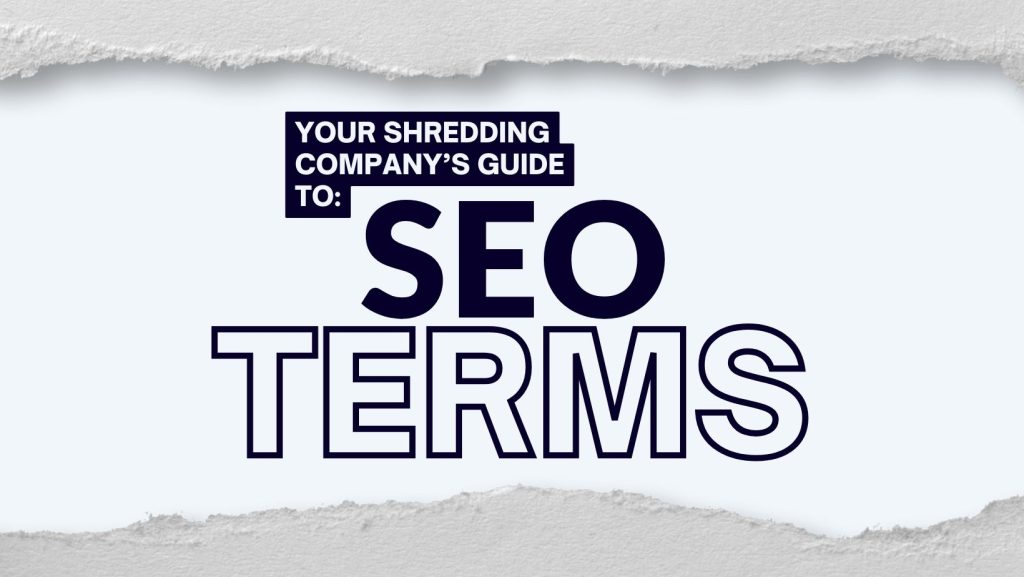In the world of SEO, there are a lot of myths and misconceptions. People often think that SEO is some sort of black magic that can be performed by a select few. In this article, we will dispel those myths and give you the basics of SEO. We will also discuss what not to do when it comes to SEO! So whether you are just starting out or you have been doing SEO for years, this article is for you!
What is SEO?
The term Search Engine Optimization describes the process of optimizing a website for Google search to earn higher web traffic levels and improve the site’s visibility.
There are two main categories of search engine optimization: on-page SEO and off-page SEO. On-page SEO refers to all of the measures that are within the website in order to improve its position in the search rankings, such as optimizing titles, metatags, and content. Off-page SEO, on the other hand, refers to all of the activities that take place outside of the actual website that can impact its position in the search rankings, such as link building and social media engagement.
Why is SEO important?
In today’s digital world, SEO is more important than ever. With over two billion active websites, the competition for attention in search engines is fierce. SEO can help your website stand out from the crowd and earn higher web traffic levels, which will lead to increased sales or actions.
SEO Basics
Content
One of the most important SEO basics is creating high-quality content. This means writing articles, blog posts, and web pages that are informative, well-written, and relevant to your audience. Google’s algorithms are designed to surface the best content in the search results, so it’s essential to make sure your site contains quality content that will be valuable to your visitors.
Keywords
Another SEO basic is to choose the right keywords. When you are planning your content, think about what terms your target audience is likely to search for. Then, include those keywords in your content in a way that sounds natural and flows well. Remember to use different variations of your keywords as well, as this will help you reach a wider audience.
Links
In addition to quality content and relevant keywords, links are also an essential part of SEO. Google uses links as a way to determine the popularity and authority of a website. The more high-quality links you have pointing to your site, the better your chances of ranking higher in the search results.
Mobile Responsive
In today’s mobile-first world, it’s also important to make sure your website is responsive. This means that it should look good and function well on all devices, from desktop computers to smartphones. Google favours websites that are mobile-friendly, so if you want to improve your SEO, make sure your site is responsive.
Meta Titles & Descriptions
Meta titles and descriptions are also important SEO basics. Meta titles are the title tags that appear in the search results, and meta descriptions are the short descriptions that appear underneath them. Both of these elements give you an opportunity to include keywords and persuade searchers to click on your listing.
Headers (H1, H2, H3)
Headers are another vital SEO element. They help to break up your content and make it easier to read. Google also uses headers to understand the structure of your page. Be sure to use different types of headers (H1, H2, and H3) throughout your content to give Google a better understanding of your page.
User Experience
Last but not least, SEO is also about user experience. This means creating a website that is easy to navigate, has quality content, and is responsive on all devices. If you want people to stay on your site and continue engaging with your content, then you need to make sure their experience is positive.
What Not To Do When It Comes To SEO
Now that we’ve covered the basics of SEO, let’s take a look at some of the things you should avoid doing if you want to improve your SEO.
Don’t stuff your content with keywords: This will not only make your content difficult to read, but it will also get you penalized by Google.
Don’t buy links: This is a black hat SEO tactic that can get you into trouble with Google. If you’re caught buying links, you could be penalized or even banned from the search results altogether.
Don’t engage in link schemes: Link schemes are when websites try to artificially increase their link popularity by exchanging links with other sites. This is another black hat SEO tactic that can get you penalized by Google.
Don’t use duplicate content: This is when you copy and paste content from another website and use it on your own site. Google will penalize you for this, as it’s seen as a form of plagiarism.
Don’t forget to Optimize your website for mobile devices: As we mentioned earlier, SEO is about creating a positive user experience, and that includes mobile users. If your site isn’t optimized for mobile devices, then you’re missing out on a big opportunity to improve your SEO.
SEO can seem like a lot to take in, but if you start with the basics, you’ll be well on your way to improving your rankings and getting more traffic to your website in no time.
If you are looking to improve your SEO even further, then contact NetGain SEO today. Our team of experts can help take your SEO to the next level. We offer a variety of services, from content writing to online advertising, and we would be happy to help you boost your rankings in the search results!



